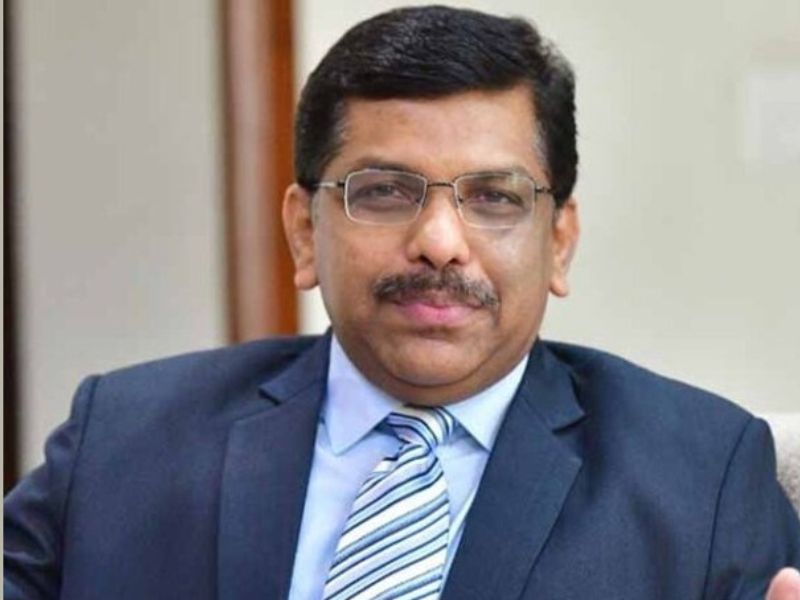– Baishali Mukherjee (Kolkata)
With the West Bengal legislative elections scheduled for May 2021 fast approaching, the state’s ruling Trinamool Congress party (TMC) has reportedly drawn up a multi-pronged strategy to take on its principal challenger, the Bharatiya Janata Party (BJP), ruling at the Centre, which has emerged as the second-largest party in the state, eclipsing the CPM (Communist Party of India-Marxist) which ruled over West Bengal (pop.91 million) uninterruptedly for 34 years (1977-2011) until it was routed by TMC in 2011 and again five years later. Campaigning for a third term in office, TMC supremo and chief minister Mamata Banerjee has made law and order and socioeconomic development — including education — her main campaign issues. The heinous gang-rape and murder of a young Dalit girl in BJP-ruled Uttar Pradesh (Hathras) allegedly by four upper caste men prompted Banerjee to call a huge protest rally in Kolkata on October 3.
Moreover, the new National Education Policy (NEP) 2020 presented to the nation by the BJP/NDA government at the Centre has aroused the chief minister’s ire. Emerging from a governors’ conference staged virtually on September 7, attended by President Ram Nath Kovind and Prime Minister Narendra Modi to debate NEP 2020, West Bengal Education Minister Partha Chatterjee declared that the state won’t be implementing the new policy “for the time being” because its provisions need additional examination and debate. Chatterjee expressed apprehension that NEP 2020’s higher education regulation proposals will lead to centralisation of education and will defeat the main purpose of the new policy.
“We have expressed our reservations about certain aspects of NEP 2020, which was framed without taking the states into confidence. Excessive centralisation in the new policy is against the federal structure of India. Moreover, we are surprised that Bengali — the language of Rabindranath Tagore, Bankim Chandra Chatterjee, Sarat Chandra Chattopadhyay among others — does not figure in the list of classical languages in this new education policy,” he added.
While NEP 2020 which formalises and integrates Early Childhood Care and Education (ECCE) with primary schooling, extends the years of K-12 education and unbundles supervision of higher education, has been welcomed as a ‘visionary’ document across the country, in Bengal it was greeted with a volley of protests from all quarters including ministers, political leaders, academics and student unions. In a state where communist ideology has struck deep roots, the major grievances are commercialisation of education, lack of consultation with states, omission of several recommendations of the Kasturirangan Committee’s policy draft, increasing administrative expenses by forming multiple regulatory agencies and rejecting India’s cultural and historical diversity. The list is long. Indeed some monitors of West Bengal’s increasingly bubbling political scene believe NEP 2020 will play a decisive role in the forthcoming assembly elections. Maintenance of law and order is also emerging as a major issue. There’s been a sharp spike in grassroots political violence. Since the beginning of the phased unlocking of industry and commercial activity, 12 political workers — six of the BJP, five of TMC — have been killed, and an MLA and three BJP party workers have committed suspicious suicides. However, while Mamata Banerjee looms over Bengal politics, BJP lacks a credible face in the state.
Banerjee’s advantage is her image built up over the past ten years as a caring politician who has introduced welfare schemes such as distribution of bicycles to girl children of poor households, providing subsidised rice, undertaking public work projects to generate employment and the like. Moreover, in recent years, she has been working on improving her image with Kolkata’s influential bhadralok (cultured middle class) by placing education high on her reforms agenda.
The TMC’s electoral calculus is that with a history of secular ideology, Bengal’s electorate is likely to vote in a secular government to power rather than the BJP, strongly identified with Hindi chauvinism, and a majoritarian hindutva ideology without a credible economic development agenda.
Posted in Education News























